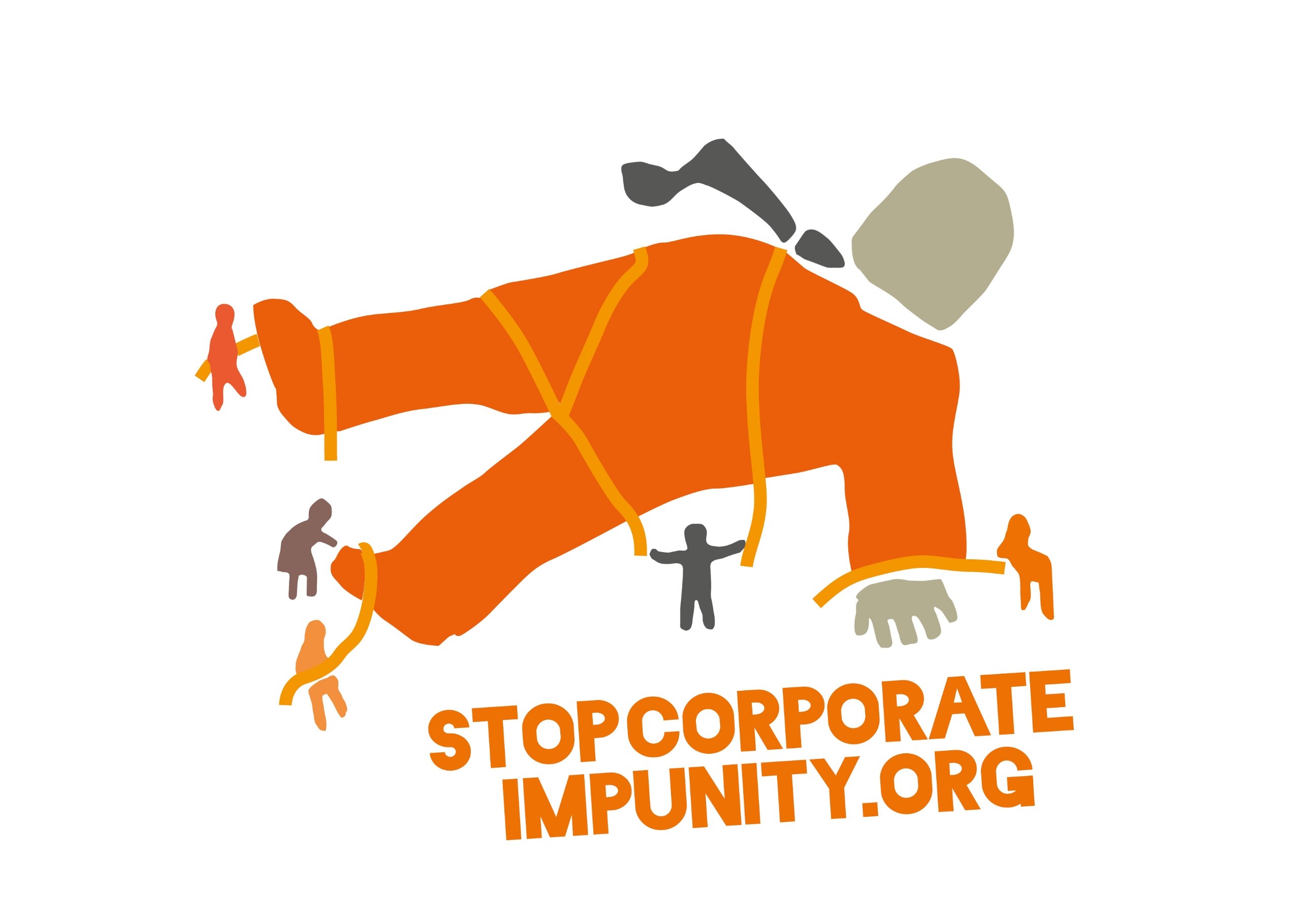Final Declaration of the Global Campaign to Claim People’s Sovereignty, Dismantle Corporate Power and End Impunity in Relation to the V Session of the OEIGWG
October 18th, 2019.
Mr. Chair President and delegations of the States present,
This statement is made on behalf of the Global Campaign to Reclaim People’s Sovereignty, Dismantle Corporate Power and Stop Impunity.
The negotiation of the legally binding instrument on transnational corporations and human rights has reached a point of maturity with active participation by a significant portion of States that have actively contributed concrete text proposals. The publication of successive drafts is proof of the willingness of states to continue promoting the development of this binding instrument, which is undeniably positive.
The negotiation phase in which we find ourselves is characterized by greater technical and political complexity. Thus, it will require much skill and patience from the Presidency to ensure that the wishes and demands of those affected — which have been the raison d’être and the driving force behind this historic process — are included in this instrument.
In this regard, we are concerned about the drastic reduction in meetings with civil society and the reduction in the channels of dialogue traditionally available between the representatives of the affected communities and the leadership of the Intergovernmental Group during this session and in the inter-sessional period. This has detracted from the exchange and marginalizes the voices that fight for justice and against impunity.
Added to this is a fundamental concern of the Global Campaign in terms of the content of the future Treaty. We refer to the fact that the Revised Draft does not include multiple observations and proposals that were raised extensively in previous sessions not only by States but especially by social movements and affected communities that, like the Global Campaign, made considerable efforts to participate in the negotiations.
In terms of its contents, the Global Campaign considers that the Revised Draft Treaty departs from the spirit and provisions of Resolution 26/9 in the following ways.
First, by limiting itself to the obligations of States, the text fails to hold TNCs accountable at the international level and thus ensure their effective regulation. Granting responsibilities to respect human rights only to States is to maintain the current status quo, which has been incapable of preventing impunity for TNCs. Moreover, this adds to the fact that the implementation mechanisms foreseen in the draft are very weak, which will make it very difficult to prevent violations and facilitate access to justice.
Secondly, we are concerned about the extension of the scope of the treaty to all companies because it has thereby lost its focus on the real need for such a treaty; that is, transnational corporations and their ability to circumvent national jurisdictions and preserve their impunity. As all of us in this process know, this change responds to the demands of actors and states that have actively challenged the construction of this treaty – such as the private sector, the EU delegation and other countries.
The corporate agenda seems to have entered through different windows, undermining and de-normalizing the fundamental nature of this intergovernmental negotiation which, as we recall, aims to defend human rights.
At the same time, it is a lively debate and we are pleased that many States, experts and civil society organisations have systematically brought back to the negotiation many of the points that we consider central.
The Global Campaign will continue to act in the defense and improvement of key issues present in the Revised Draft: the rights of affected persons, key issues of prevention and legal responsibility, jurisdiction and forum necessitatis, among others.
We do not want just any treaty. We want an effective instrument and an efficient international mechanism that ensures access to justice for those affected, and clearly reaffirms the supremacy of human rights.
We hope that the future draft, will evolve into a document that reflects the fruitful debate of the last 4 years, with a special emphasis on the needs and demands of affected communities, whose suffering is the root cause for this process.

